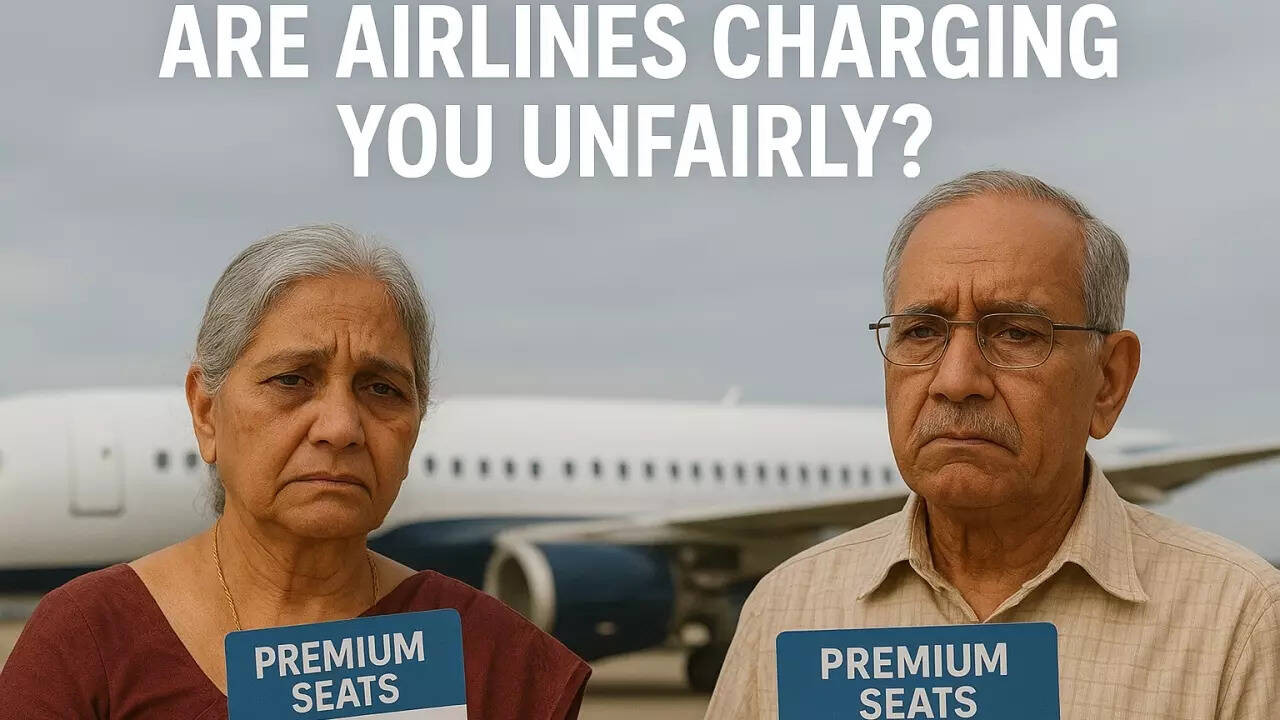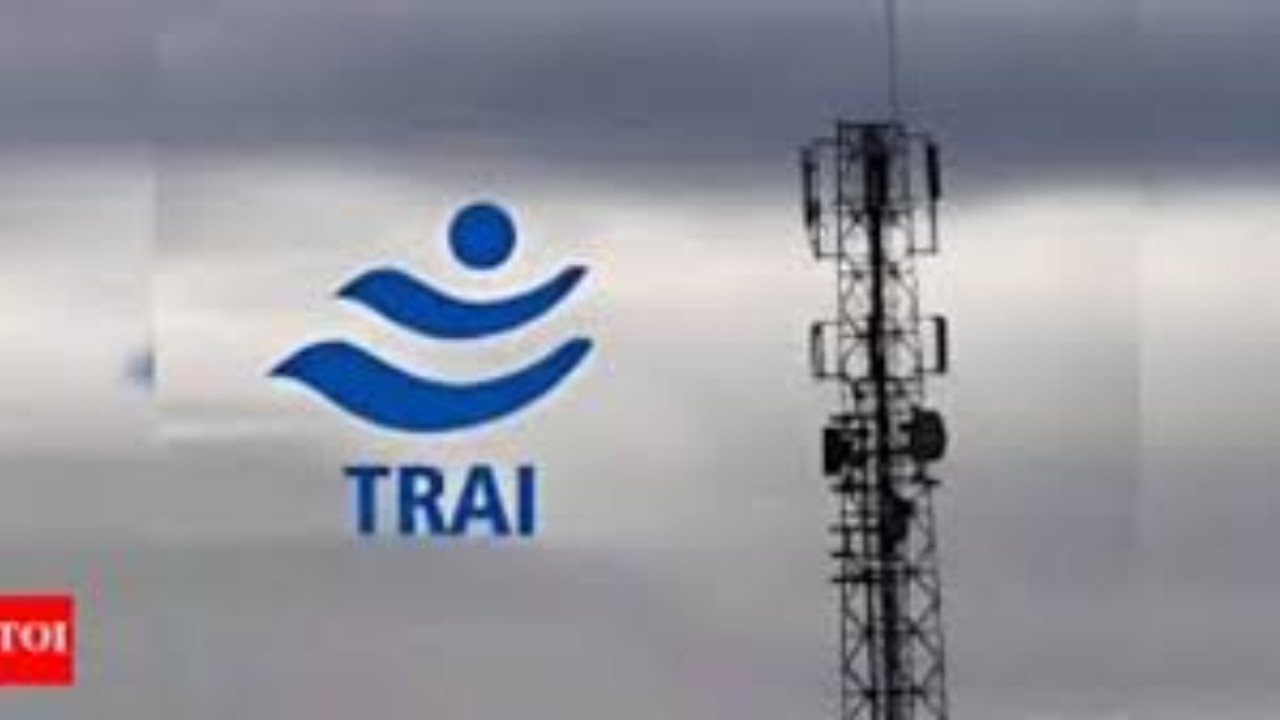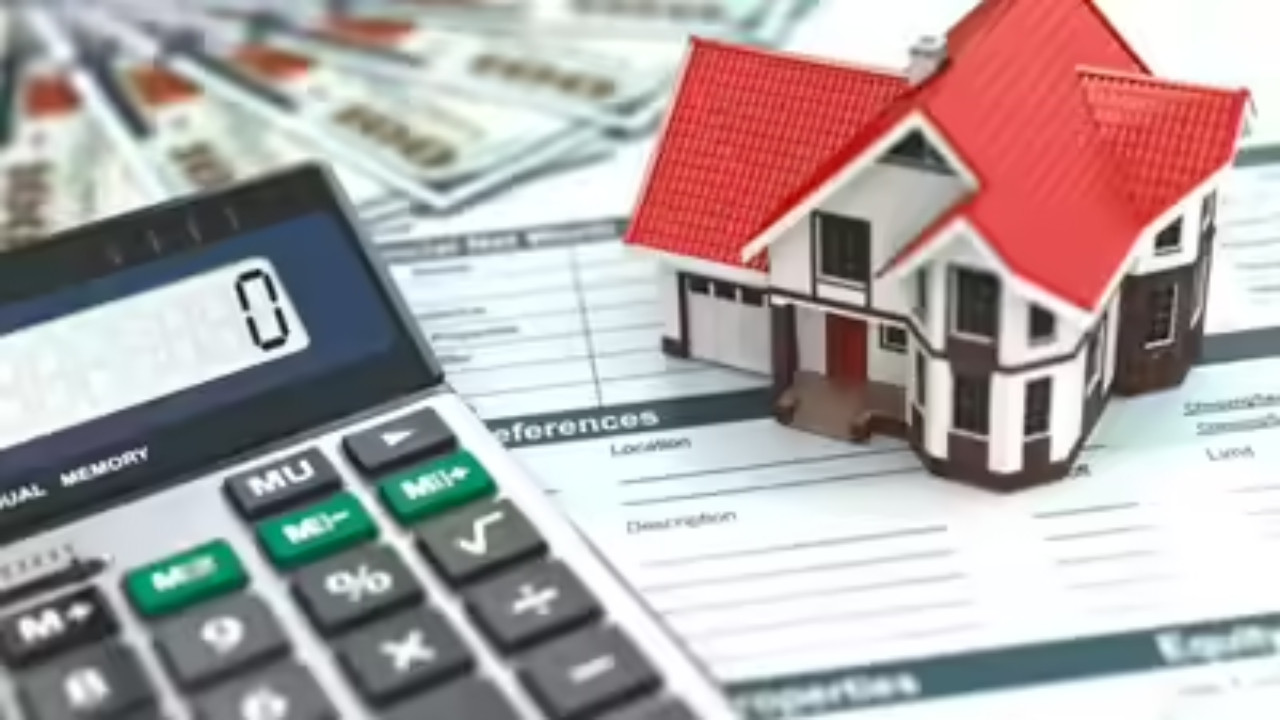A Navi Mumbai couple successfully sued an airline for charging ₹7,200 for adjacent seat reservations, a practice deemed an unfair trade practice. The Maharashtra State Consumer Disputes Redressal Commission upheld a lower court’s order, stating the airline used a ‘dark pattern’ by withholding information about available free seats, misleading passengers into paying extra.
Squeezed Seats and Sky-High Injustice: When Airlines Charge Extra for Nothing
Ever felt a little… nickeled and dimed when booking a flight? The base fare looks reasonable, but then the extras start piling up: baggage fees, seat selection, and the siren song of “premium” seating. While some add-ons genuinely enhance the travel experience, a recent case highlights how airlines can sometimes push the boundaries, leaving passengers feeling cheated. This isn’t just about a few extra bucks; it’s about fair practices and understanding your rights as a traveler.
Recently, an elderly couple in India took an airline to task for precisely this type of practice. They were charged extra for premium seats, despite the fact that similar seats were available for free. Annoyed, they filed a complaint and won compensation. Here’s what that ruling means for you.
The Case of the Premium Seats
The couple, seasoned travelers, booked a domestic flight and were surprised by the exorbitant fee for what they believed were standard seats. Upon boarding, they discovered many passengers in similar seats hadn’t paid the premium. Feeling they had been unfairly charged, they pursued legal recourse.
Their argument? The airline deceptively presented the “premium” seating as necessary when, in reality, it was an avoidable expense. They contended that the airline exploited their need for comfortable seating and essentially forced them into paying extra for something that wasn’t inherently superior to the free options available.
The consumer court sided with the couple, ordering the airline to refund the premium seat charges and pay compensation for the distress caused. This victory sends a clear message to airlines: transparency and fair practices are paramount.
So, What Does This Mean for You?
This ruling sets a precedent that could potentially impact how airlines approach seat selection and pricing strategies. Here’s what you should know:
* Question the “Premium”: Before blindly accepting a premium seat upgrade, take a close look at the seat map. Are there indeed no seats available that aren’t marked as “premium”? Are the benefits of the premium seat truly significant, or is it just a standard seat with a fancy label?
* Document Everything: Keep screenshots of the seat map during the booking process, showing available seats and pricing. This evidence can be invaluable if you later need to dispute a charge.
* Know Your Rights: Familiarize yourself with consumer protection laws in your region. Many countries have regulations that protect consumers from unfair or deceptive business practices.
* Don’t Be Afraid to Complain: If you feel you’ve been unfairly charged for a service, don’t hesitate to file a complaint with the airline and relevant consumer protection agencies. Your voice matters, and it can contribute to holding airlines accountable.

Decoding the Airline’s Seat Selection Game
Airlines often use complex algorithms and dynamic pricing to determine seat charges. Factors such as the flight’s popularity, time of booking, and perceived demand for specific seats can influence the price. This can lead to situations where the same seat costs different amounts for different passengers.
The key takeaway here is to be an informed consumer. Understand that seat selection is a business, and airlines are trying to maximize revenue. By being vigilant and proactive, you can avoid being caught in their pricing traps. Consider checking out related content about flight cancellation compensation to be fully informed.
A Win for Passengers, A Wake-Up Call for Airlines
This case serves as a reminder that airlines can’t take advantage of passengers’ desire for comfort and convenience. Transparency in pricing and truthful representation of services are essential for building trust and ensuring fair treatment. While the airline might see this as a minor setback, the ruling has the potential to encourage passengers to question and challenge unfair charges, potentially leading to industry-wide changes in seat selection practices.
Ultimately, the flight of the future should prioritize fairness, transparency, and respect for passengers. This landmark decision is a step in that direction.







